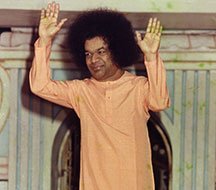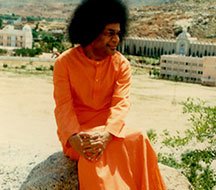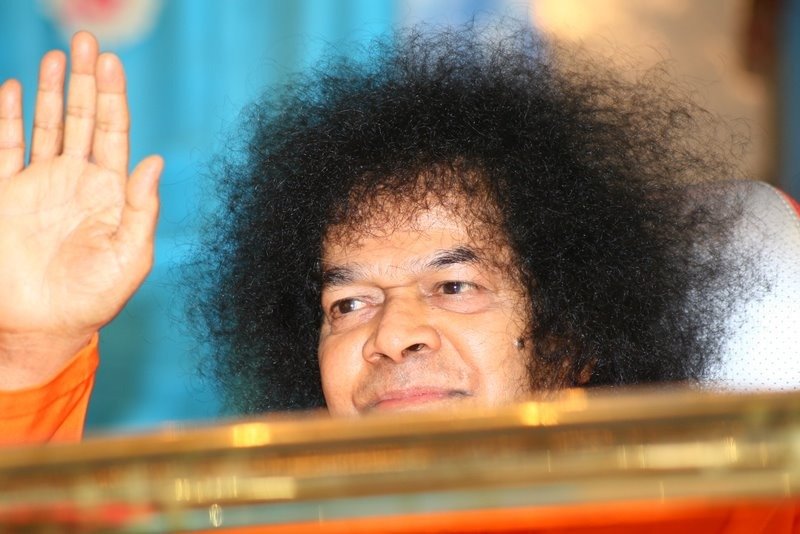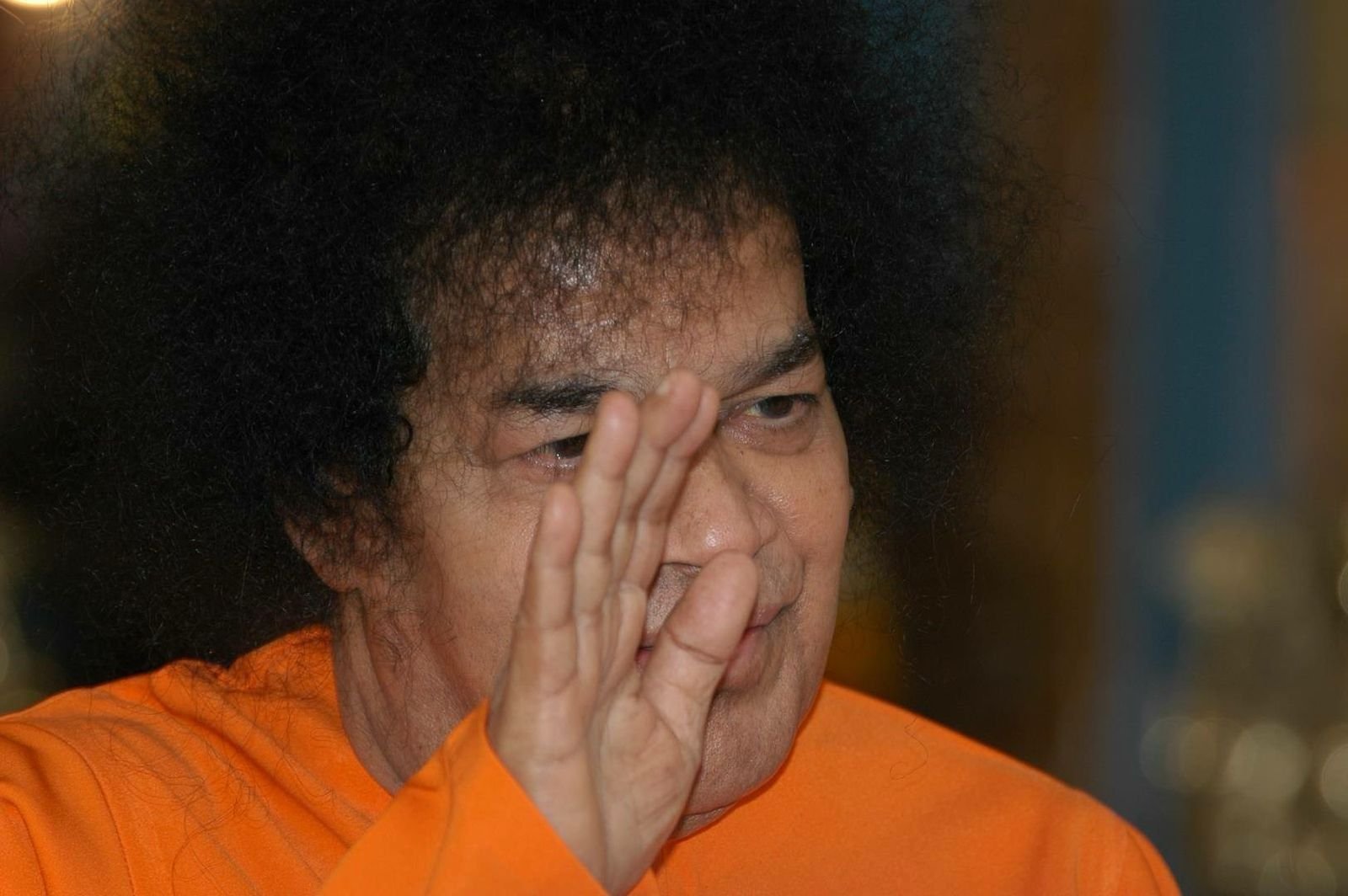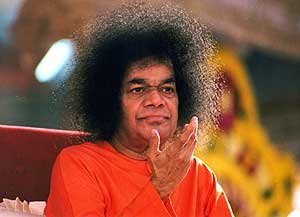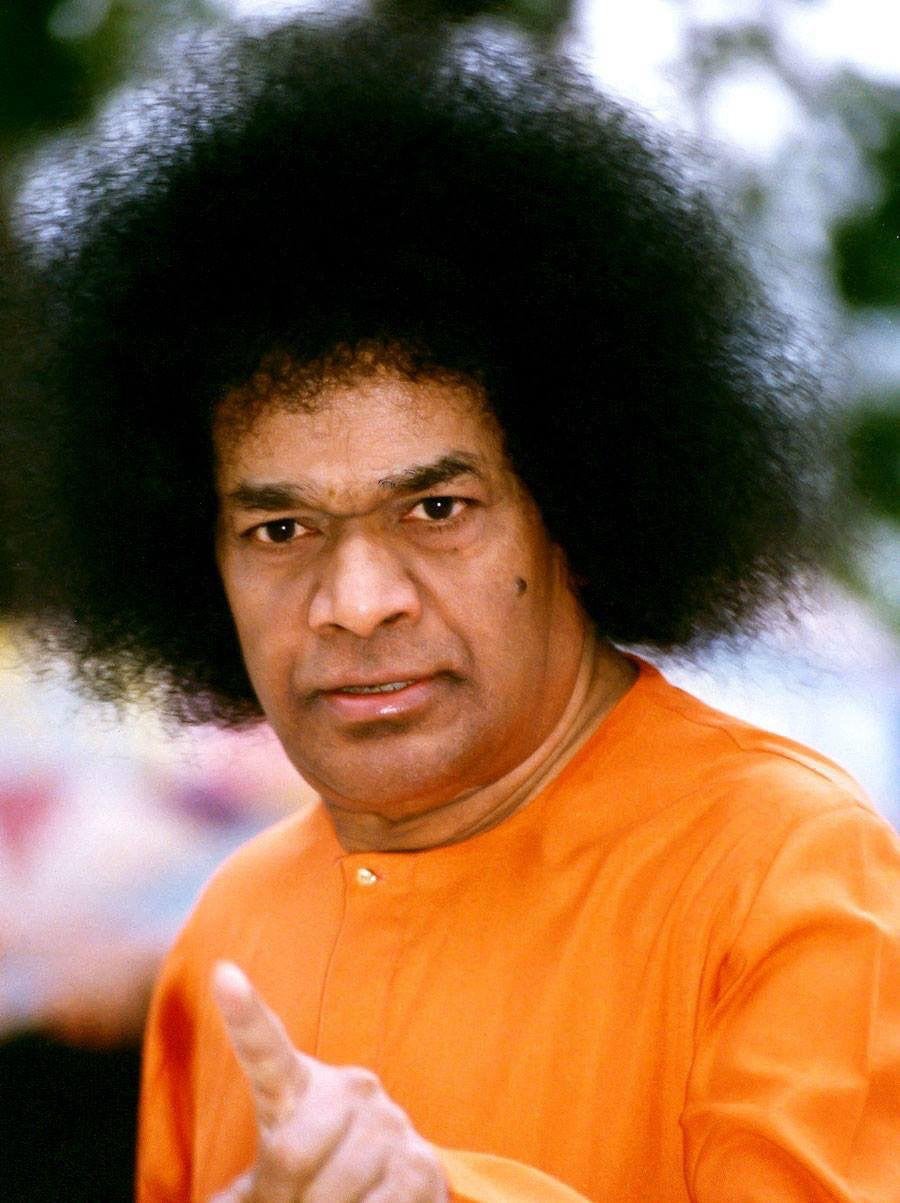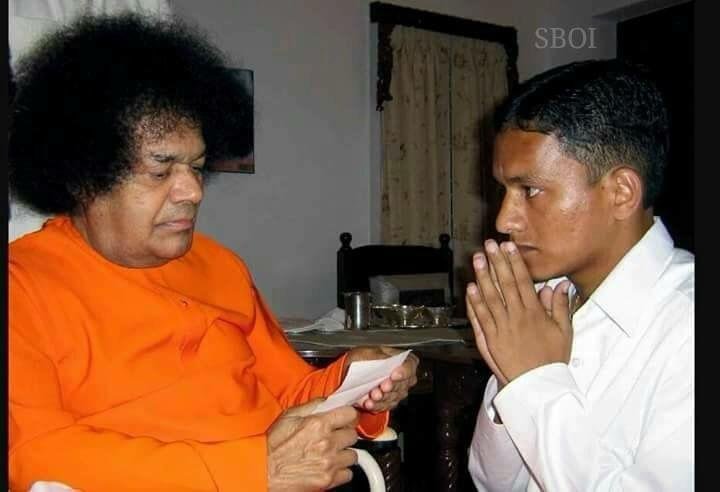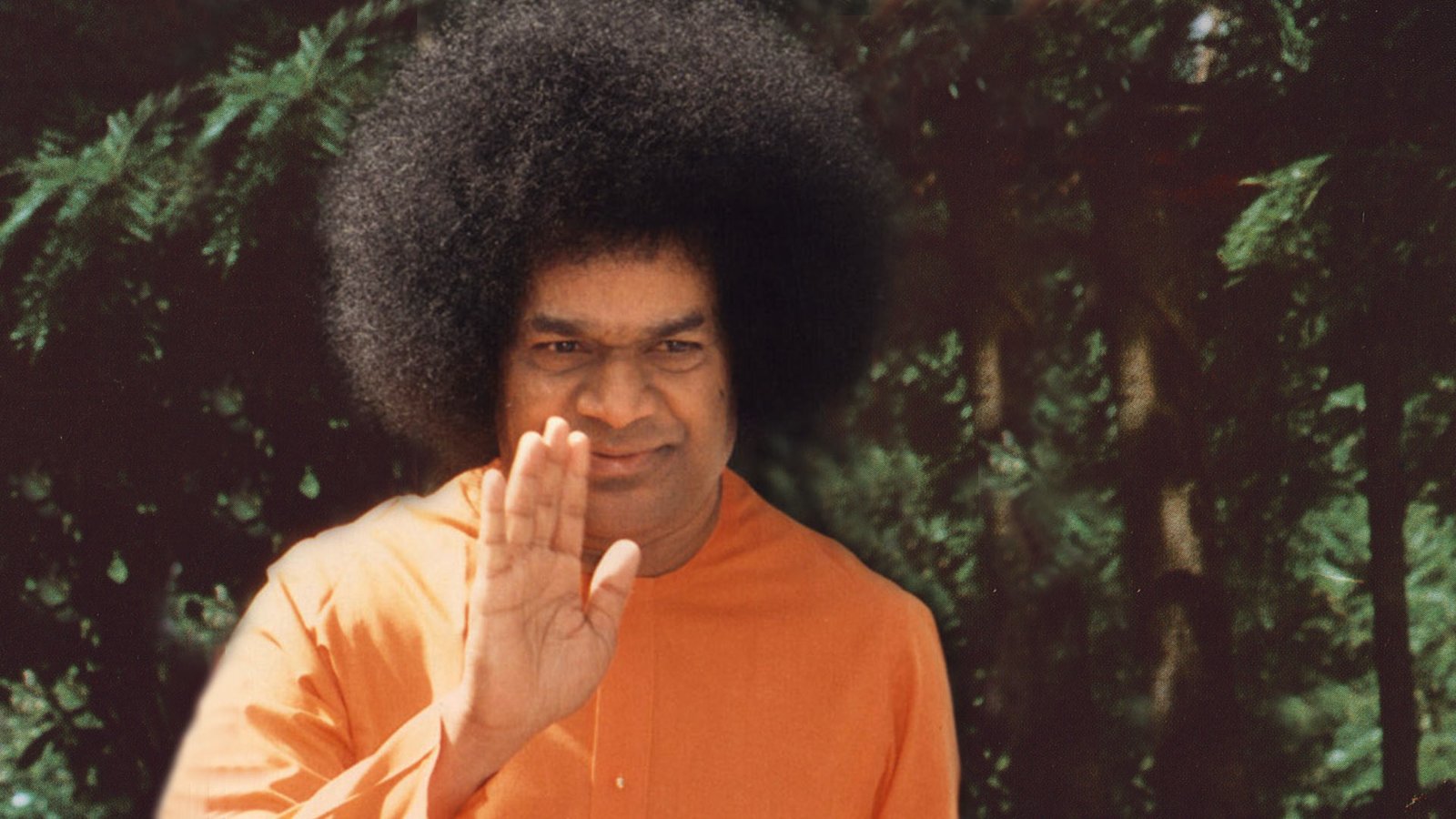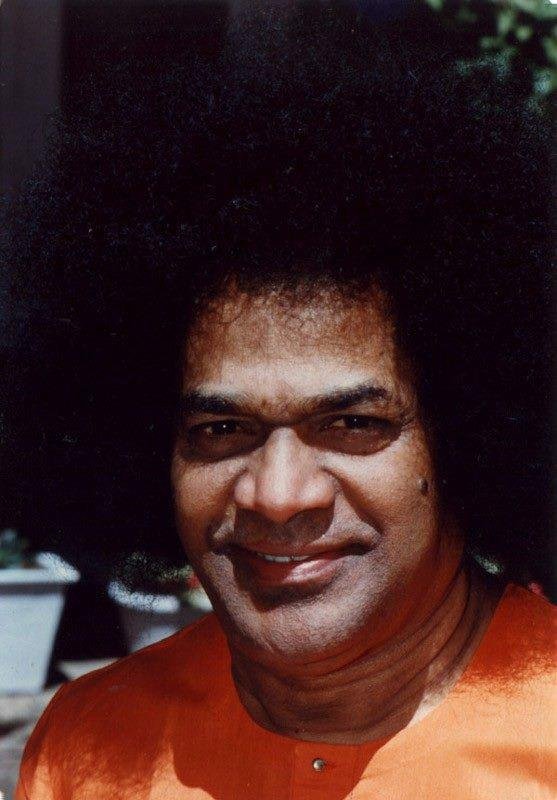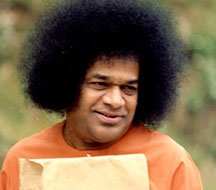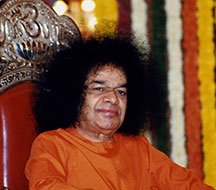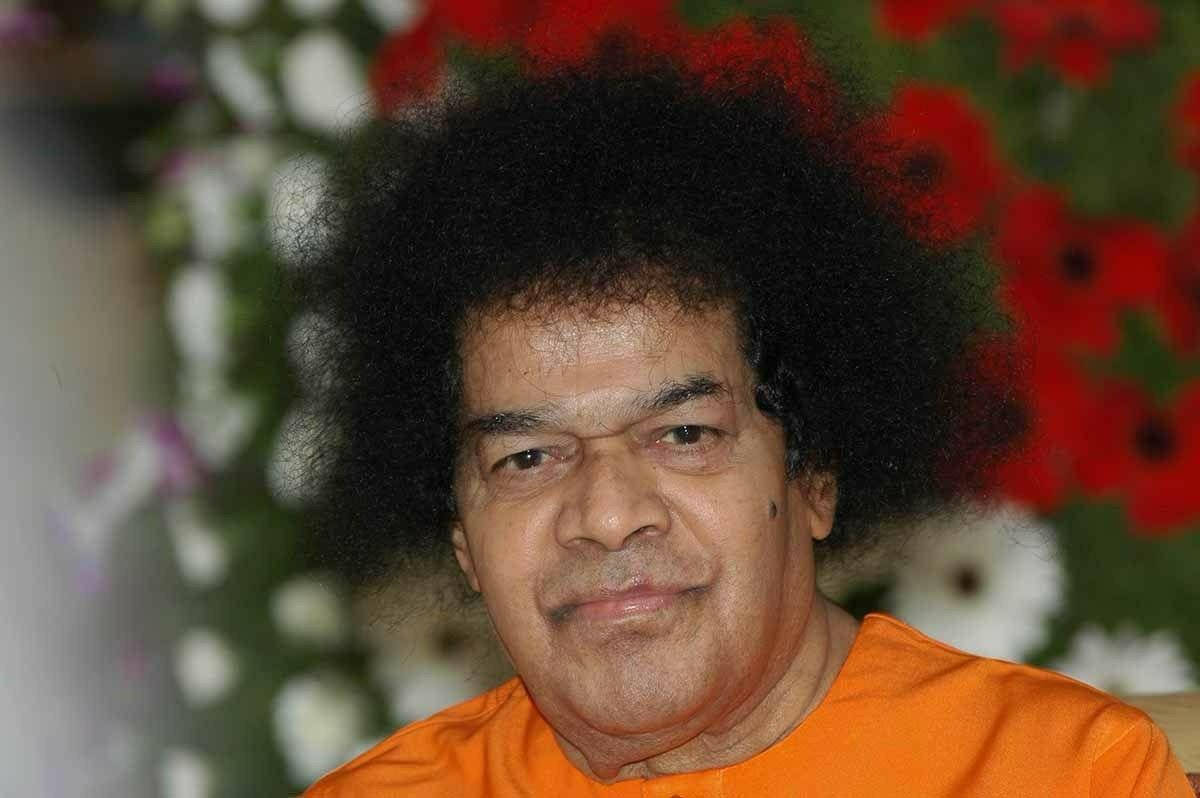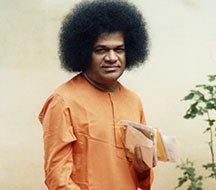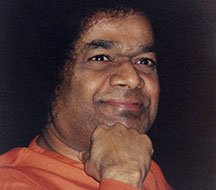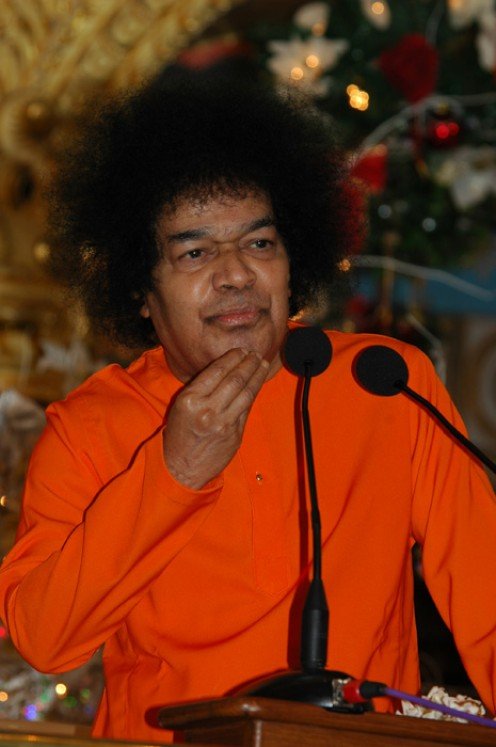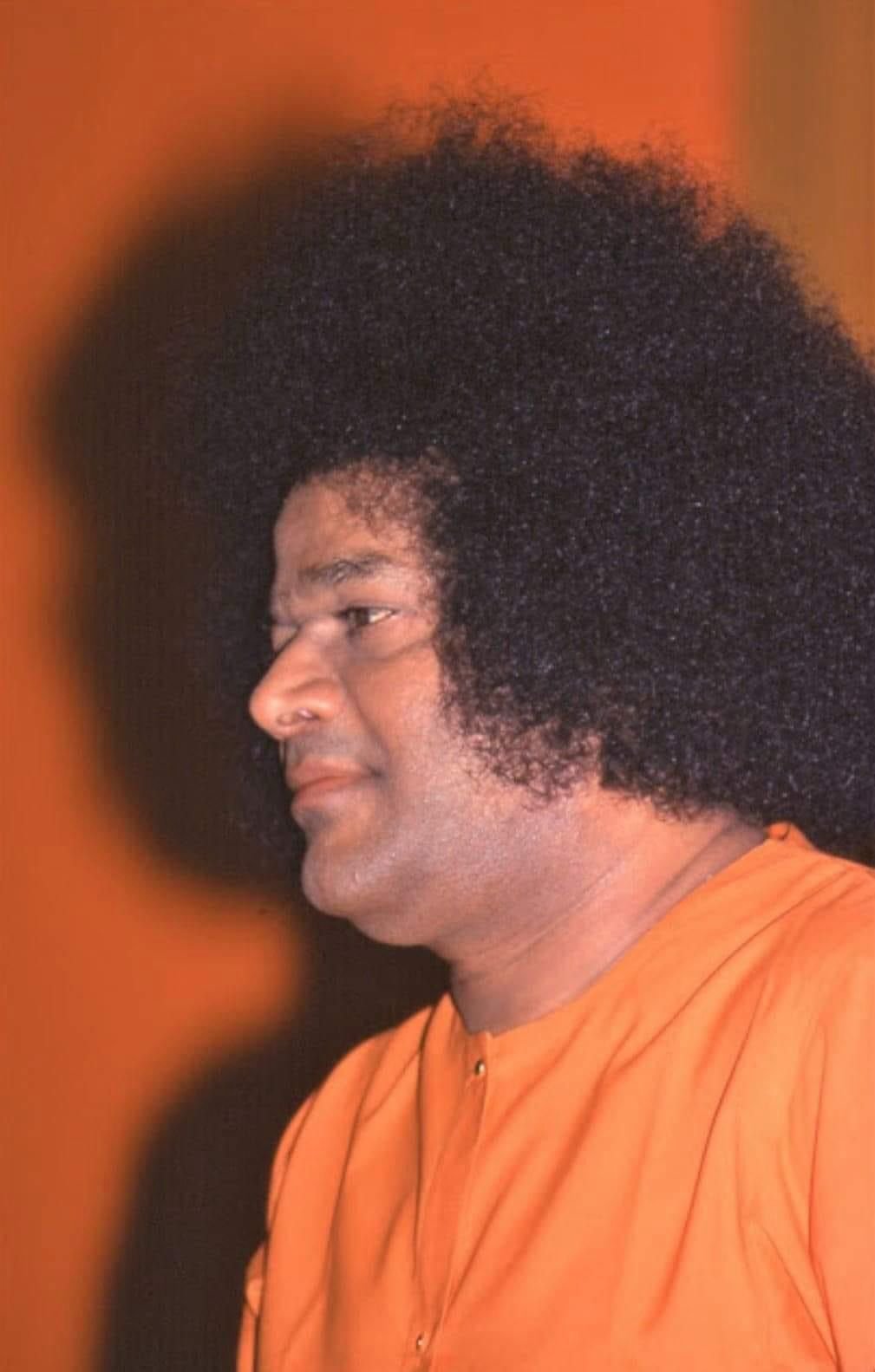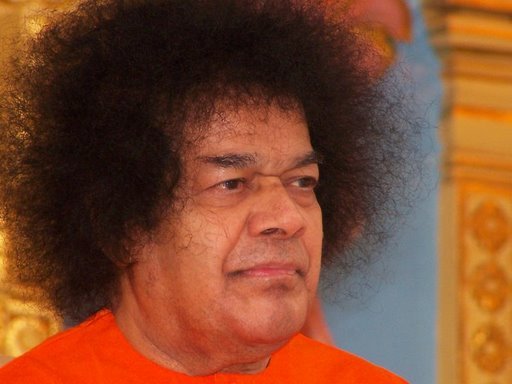Mundaka Upanishad
The Muṇḍaka Upaniṣad, belonging to the Atharva Veda, is a poetic and philosophical text that distinguishes between higher knowledge (para vidyā), which leads to realization of Brahman, and lower knowledge (apara vidyā), which concerns rituals and worldly learning. It teaches that Brahman is the eternal, imperishable reality, while the world of names and forms is transient, like sparks from a fire. Using powerful imagery, it describes the Self as the two birds on a tree—one eating the fruits (the individual soul) and the other silently witnessing (the supreme Self)—and proclaims that liberation comes not through ritual but through meditation, renunciation, and direct knowledge of Brahman. The Upaniṣad also introduces the famous image of Brahman as the higher reality into which all beings and the universe dissolve, affirming that true immortality lies only in realizing the Self.

